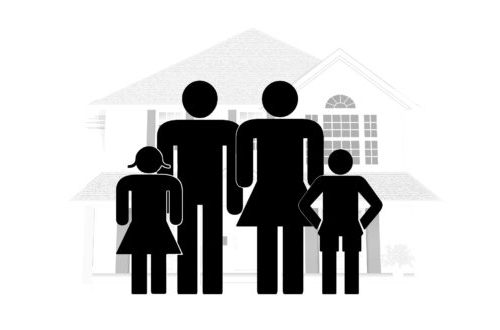How to Talk to Children About Divorce
Deciding to separate or divorce can be heartbreaking, often intensified when there are children involved. While you may dread telling your children and having to cope with their reactions, we have some useful guidelines you can follow to help them continue to feel loved and secure.
The news of your separation or divorce will be life-changing and we would suggest spending time with your ex-partner (if at all possible) to prepare what you are going to say to your children. While all children are different and you will be the best judge of when, how and what to tell them, we have compiled some general advice to help you plan your approach.
- To help children maintain a sense of security tell them in their home environment.
- Decide what is appropriate for them to know, use age-appropriate language and when explaining keep things as factual as possible.
- Try to keep as neutral as possible and avoid blaming each other for what is happening.
- Where possible, do sit down to explain the situation to your children together, as this will reinforce the fact that you are both still their parents.
- Reassure them that the breakup is not their fault.
- Assure them that you will both continue to love and care for them as before.
- Encourage and allow them to express their feelings, whether that’s silence, rage or sadness.
- Explain that you understand their hurt and upset, but that you will both do everything possible to help them through this challenging time.
- Prepare to answer questions like, ‘where am I going to live?’ and ‘where is mum/dad going to live?’
- Try not to overwhelm them with too much information and only involve them in any decision making about future arrangements if you are both sure it’s appropriate.
- Be realistic and do not make false promises as this will only cause problems further down the line.
- Try to maintain as much continuity as possible in their daily routines.
- Let your children’s school and any significant others know about the situation.
Initially, expect your children’s behaviour to change while they adjust. For example, they may have increased anxiety, a change in sleep or eating habits, feel sad and depressed, get into trouble at school or seem angry all the time. This is to be expected, but if you feel a child really is not coping with the situation do seek professional advice from your GP.
In the longer term, maintaining a practical and functional relationship with your ex-partner based on shared values and boundaries, is the best way to help you co-parent your children together. Building this type of respectful relationship will also help both of you to move on in a positive way, ultimately benefitting both you and your children.

Book a consultation to discuss your options –
Only £100 (Incl. VAT)
We know how difficult divorce and separation can be, so we offer an initial one hour fixed fee consultation with a fully qualified lawyer, to help you make an informed decision about how to proceed.
To book, please call 01444 472700 or complete the quick contact form.